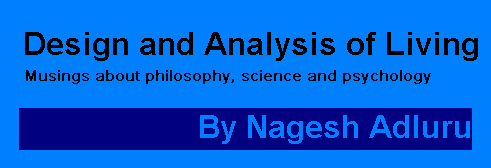A society invests most power and authority in the age group in which one is considered adult. There is a valid reason for that because that's the best productive stage for most people. Because people want many variety of things in that stage they are forced to try to make optimal decisions if they need to get all those and in the process they fulfill the needs of others as well since humans are very symbiotic in relationships.
So in any journey it makes sense to call you an adult when you are at a stage where you have to optimize several constraints and you will face this stage even in your journey towards better health (ofcourse if you are on the journey for long enough). What are the typical constraints you would have to optimize?
- Money: Don't spend an outrageous amount on nutritional food, on gym fees, personal trainers, fancy short-cut health plans etc. Try to invest money like try to build a gym of our own.
- Social life: Don't overfill the buffer of health benefits. Spare time for your other aspects of life as well and that is the key for longer term benefits.
- Time: Even a 30 min workout (including changing, stretching etc.) will start working for you and hence be smart.
- Health: Of course never let your effort for balance drag you back into your old habits.
This listing thoughs seem non-algorithmic is nevertheless useful for achieving balance (optimization of several constraints) as it provides cues for verification of balance. Walking on the line of balance is an art and there are several ways of achieving it. It is undeniable that there is nothing arguably right or wrong in art which is nevertheless very important.
A small note about making optimal decisions:
Humans always make optimal decisions but only relatively, based on what they perceive. That is every human being makes a locally optimal decision. Greedy strategy doesnot always work towards global optima but as you start being more like an adult your optimal decisions tend to be like global optimas because of the reason I explained, in second paragraph, about this age group being very influential in society.
Link to previous health post.
Added the link on September 25, 06 11:00AM
